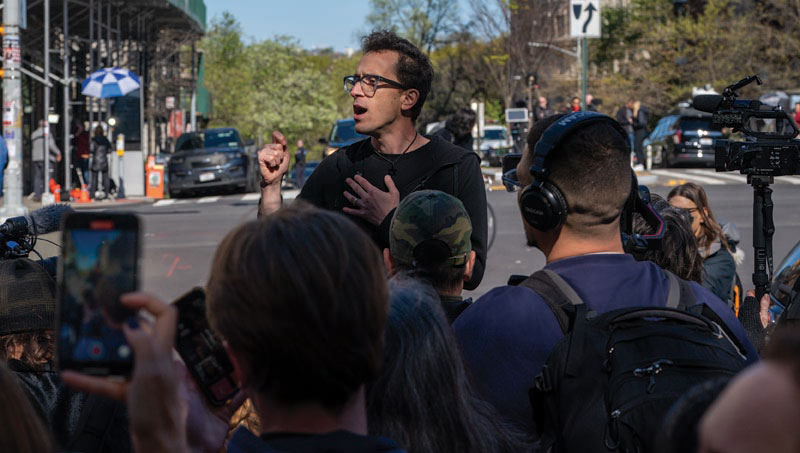
In an exclusive interview, Columbia University Professor Shai Davidai told The Journal that the university temporarily barring him from campus is a “personal insult” and that “there’s a bigger of how solve this, how do we move forward, not about myself necessarily but everything that’s happening on campus.”
A university spokesperson told The Journal, “Columbia has consistently and continually respected Assistant Professor Davidai’s right to free speech and to express his views. His freedom of speech has not been limited and is not being limited now. Columbia, however, does not tolerate threats of intimidation, harassment or other threatening behavior by its employees. Because Assistant Professor Davidai repeatedly harassed and intimidated University employees in violation of University policy, we have temporarily limited his access to campus while he undertakes appropriate training on our policies governing the behavior of our employees.” According to a university official, Davidai’s suspension is the result of him harassing university employees on Oct. 7, but did not elaborate further. The university official added that Davidai is not suspended, but restricted from campus and that his compensation or status as a faculty member is not affected.
Davidai has maintained that he did not harass or threaten anyone and that the university is retaliating against him for posting videos to social media confronting university officials for not taking action against an anti-Israel protest on campus. The posts include videos where Davidai confronts University Chief Operating Officer Cas Holloway for being “indifferent” to an anti-Israel walkout occurring on Oct. 7. Davidai called the action “unsanctioned’ and violated time, place and manner restrictions. Other videos show Davidai confronting Assistant Director of Public Safety Bobby Lau, telling Lau to his face that he’s “useless.” Davidai claimed in the video that he was being elbowed and kicked in the shin by anti-Israel protesters as Lau stared on.
Davidai explained that “pro-Hamas organizations and professors” were protesting a memorial service held by Jewish students on Oct. 7. “They held signs saying ‘no peace,’ ‘resistance by all means necessary’ but also signs saying ‘long live the Al-Aqsa Flood’ which is the Hamas name that was given to the October massacre,” Davidai said of the anti-Israel protesters. “They were given their space to protest our memorial service, and even though I find that heinous … it’s free speech, and they’re allowed to do that, and I didn’t interact, I didn’t do anything about that.” But later on, the protesters left their designated protest space and began marching on campus “basically saying all of this is ours, we’re allowed to be everywhere, we’re allowed to terrorize Jewish students,” Davidai said. “At that point, I decided that I’m not going to cede my ground. I did not enter their protest — there were some false claims about that — I stood in a path on campus where they were marching, and they came and enclosed all around me.” It was at that point that Davidai says he confronted Holloway and Lau.
Regarding the video where Davidai tells Lau that he was elbowed and kicked by the anti-Israel protesters, the Columbia professor said, “I’m not a big man, but I can take a punch or two, so I’m okay with that. But they were walking around me, thinking no one sees it, they were kicking me in the shins, they were elbowing me, and Bobby Lau just does nothing.”
To Davidai, the irony is that “he says that by me standing there, I was the one causing the problem. And yet when I wasn’t the one standing but I was the one walking after Cas Holloway … I was also the one causing the trouble. So for them, it’s just my mere existence on campus which is a problem.”
In one of the videos where Davidai is confronting Holloway while walking alongside him, Davidai points out that an Israeli student is crying over the anti-Israel march. The student is not shown in the video which Davidai said was because he “didn’t want to expose the student.” He explained that the student came to the university this year to study neuroscience and she was “shocked” at the march. “Imagine coming from a country who experienced the worst massacre of its history, coming to the U.S., to her dream school, and on the first anniversary of that massacre, being confronted with a protest in celebration of that massacre,” Davidai said. “And the fact that Cas Holloway just, with that dead look in his eyes, basically tells her there’s nothing we can do, file a complaint. I’m still dumbfounded when I think about that, I still don’t understand how it is that this is our reality.”
His fight, he said, is not against the students and faculty who support Hamas. Instead, his fight is “against the administration that allows this to happen. So I wanted to expose the world to who are these administrators.”
His fight, he said, is not against the students and faculty who support Hamas. Instead, his fight is “against the administration that allows this to happen. So I wanted to expose the world to who are these administrators.”
Davidai claimed that the administrators didn’t like being exposed, and thus the university retaliated by temporary banning him from campus; he further alleged that his lawyers were notified that he might be banned from campus later that evening on Oct. 7, which Davidai said shows that the university’s top priority was “getting rid of me.”
“They didn’t tell me who I harassed … they never told me what exactly I did that was harassment. The university is again being the jury and the executioner,” Davidai said. “There’s no due process. They wouldn’t allow me to appeal, they wouldn’t allow me to state my own argument.”
The professor pointed out that his activism has been “public” and that people can watch the videos for themselves to see if his actions amounted to harassment. He also maintained that the university “is using very different standards” as the university is taking action against him but not against professors who are “openly calling for the destruction of Israel, openly glorifying a massacre against Jews. That doesn’t count as harassment. So clearly Columbia has a huge double standard problem.”
On social media, Davidai has also accused the university of engaging in a double standard for not taking action against anti-Israel students who verbally confronted then-Columbia President Minouche Shafik in May.
But for Davidai what is “most painful” about being barred from campus is that he can’t be there for the Jewish students and he hopes “they have other people coming there and supporting them. I’m not sure that there are.” He elaborated that Jewish students have a “bifurcated experience” on campus as some simply avoid any parts of campus where a pro-Hamas protest is taking place, while others “stand up to the hate, and some of them are just standing there shocked. They don’t know what to do. I think most of their shock is not from the hate, it’s from the administrators — their tuition money is paying for those administrators’ salaries, and not only do they not do anything, they’re actually protecting the Hamas supporters.”
According to a university official, their expectation is that Davidai will complete a workplace training program and return to campus once he does so. Davidai had told The Columbia Daily Spectator that he would only engage in the program if Holloway did so as well. Davidai told The Journal that he’s “in a bit of a pickle” and doesn’t know what to do.
“On the one hand, I truly believe that if you have done nothing wrong, you should not be punished,” he said. “Call me naïve, call me stupid, but that is the rule of democracy. In totalitarian regimes, you can get punished unrelated to if you did something wrong. In democracies, you’re supposed to only get punished if you did something wrong, and only after you had a chance to actually state your case … that’s not what happens at Columbia. So there’s a part of me that says no, I need to fight this.” On the other hand, “Columbia doesn’t want me on campus. They don’t want me documenting everything. They are happy to have pro-Hamas protests keep going on campus, and as long as people like Shai Davidai aren’t on campus and aren’t documenting it, the world won’t know.” Therefore, Davidai acknowledged he’s “still torn” on whether or not he should do the training.
“Columbia doesn’t want me on campus. They don’t want me documenting everything. But they are happy to have pro-Hamas protests keep going on campus.”
According to a university official, Davidai is not teaching this semester; Davidai explained that he is conducting research rather than teaching, but “the suspension does mean that I can’t go into my office, that I can’t use the printer and all this stuff at the university, but also more importantly, I cannot go to faculty meetings, I cannot go to research seminars, I can’t go to different research talks, everything that faculty life is all about, I’ve been completely barred from it.”
Davidai said that a lawsuit against Columbia is not out of the question, as his lawyers are already suing the university over campus antisemitism, but his preference is not to sue the university and spend time in a courtroom. “But if Columbia refuses to change course, if Columbia refuses to deal with its problem with antisemitism and its support for terrorism, then we’ll use any legal way possible to force them to do so, if it’s the court of law, if it’s the court of public opinion, if it’s political pressure,” he said. “Clearly Columbia doesn’t want to fix itself, they’ve become too big to fail, and our goal is to not let go.”
The Columbia professor also criticized mainstream media coverage, noting that The New York Times is “painting me as the bad guy … I think in many ways it’s way more damaging, because the suspension will at some point be over, but the damage the media does by downplaying, by minimizing, by telling half-truths, by omitting important information, just to push a specific narrative about peaceful protests — which they are not peaceful — is something that will stay with us for many years, and I worry about that.”
Davidai specifically pointed to how the article portrayed him as “going against pro-Palestinian protests, even while a week before, The New York Times was forced to admit that these students are not pro-Palestinian, they’re openly supporting Hamas. We have to remember: Last week this organization at Columbia said that they stand with armed resistance and violence is the only path forward, and The New York Times insists on these peaceful protests ‘pro-Palestine,’ which they are not.” He also criticized the Times for calling him “a polarizing presence on campus since Oct. 7, 2023”— to which Davidai said that “they are the one creating me as a polarizing figure” — and stating that Davidai “falsely” referred to retiring Professor Rashid Khalidi as a “spokesperson for Hamas.”
“I never claimed that,” Davidai said. “All I said was, when I saw that he was retiring, that he could go now and be a spokesperson for Hamas, clearly a tongue-in-cheek comment about his support for terrorism, and yet The New York Times smears me as someone who is spreading lies about this person, which I haven’t and I won’t.”

He said The Times article states that he “declined an interview request.” But Davidai insisted that he “didn’t decline an interview. They asked for my comment, and my comment was: I will not talk with The New York Times so long as Sharon Otterman, who’s been covering the beat of Columbia, is still doing that … and I wrote, ‘that is my comment’ … so there’s a clear agenda, and the agenda is problematic because The New York Times portrays itself as the unbiased arbiter of the world. Yet when you look at the reporters’ social media accounts, you can see not only are they not unbiased, but they are biased in a very specific way. So I think we have a much steeper hill to climb than we believe.”
“The New York Times portrays itself as the unbiased arbiter of the world. Yet when you look at the reporters’ social media accounts, you can see not only are they not unbiased, but they are biased in a very specific way. So I think we have a much steeper hill to climb than we believe.”
Otterman, one of the co-authors of the Times article in question, told The Journal that it was “accurate” for them to report that Davidai declined an interview request and that “interview subjects cannot dictate which reporters should cover what topic for obvious reasons.” Regarding their use of the word “falsely,” Otterman said that “we will have to check [with] our editor how we should respond. I think the idea was signaling to readers that Rashid Khalidi is not an actual Hamas spokesperson, in case they thought he could be.”
Davidai said that he has received “incredible” support from the Jewish community as well as non-Jewish allies. “They’ve been helping me stay afloat because honestly, in the past few days I felt like I was drowning, and to have this entire community stand up for me and with me helped me keep my head above water,” he said. “And I think what is happening is that people realize that, if this is done to me, and if they’re able to silence me, then they are going to be able to do this to everyone… I’m just so immensely grateful for the community.”














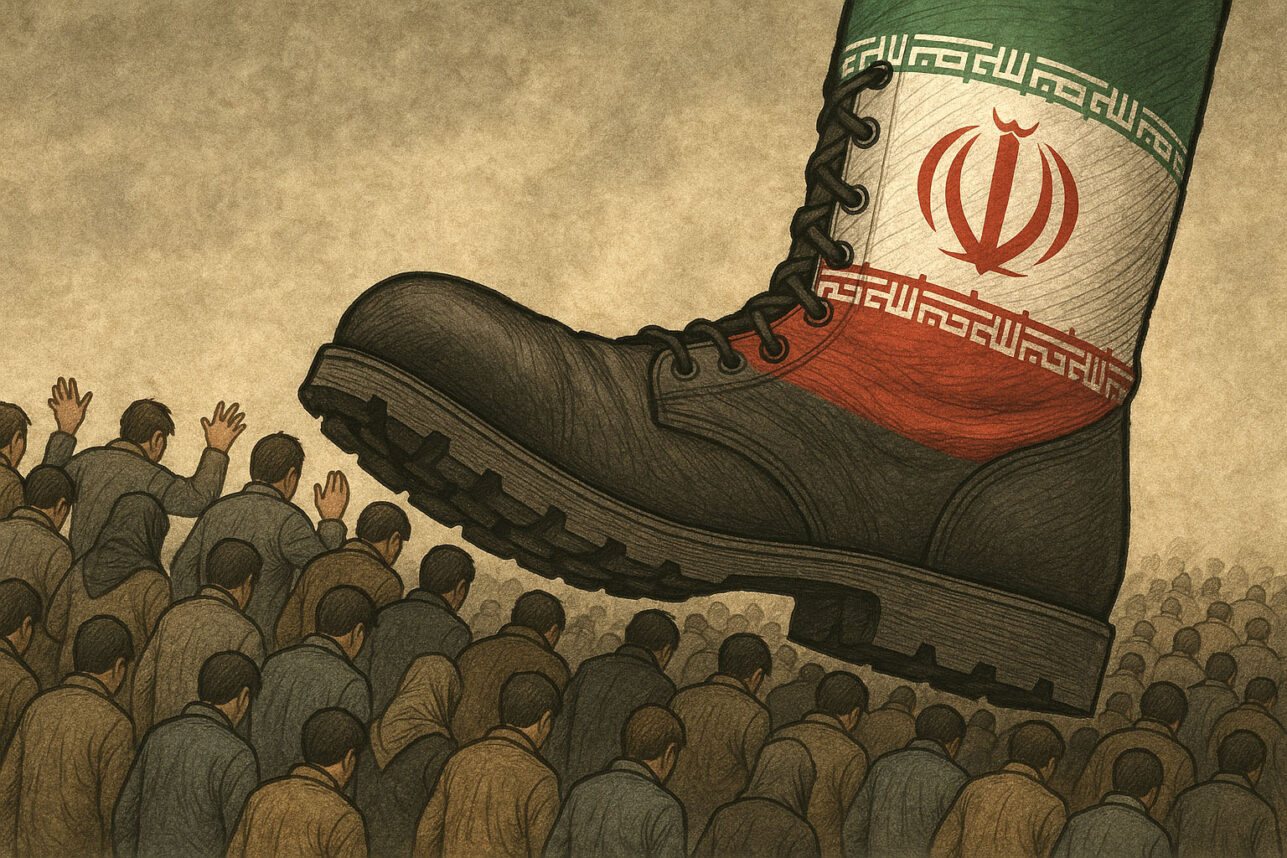

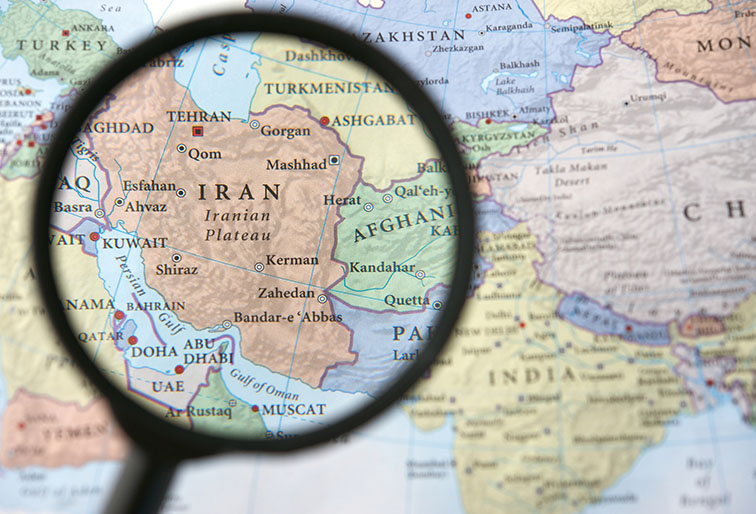
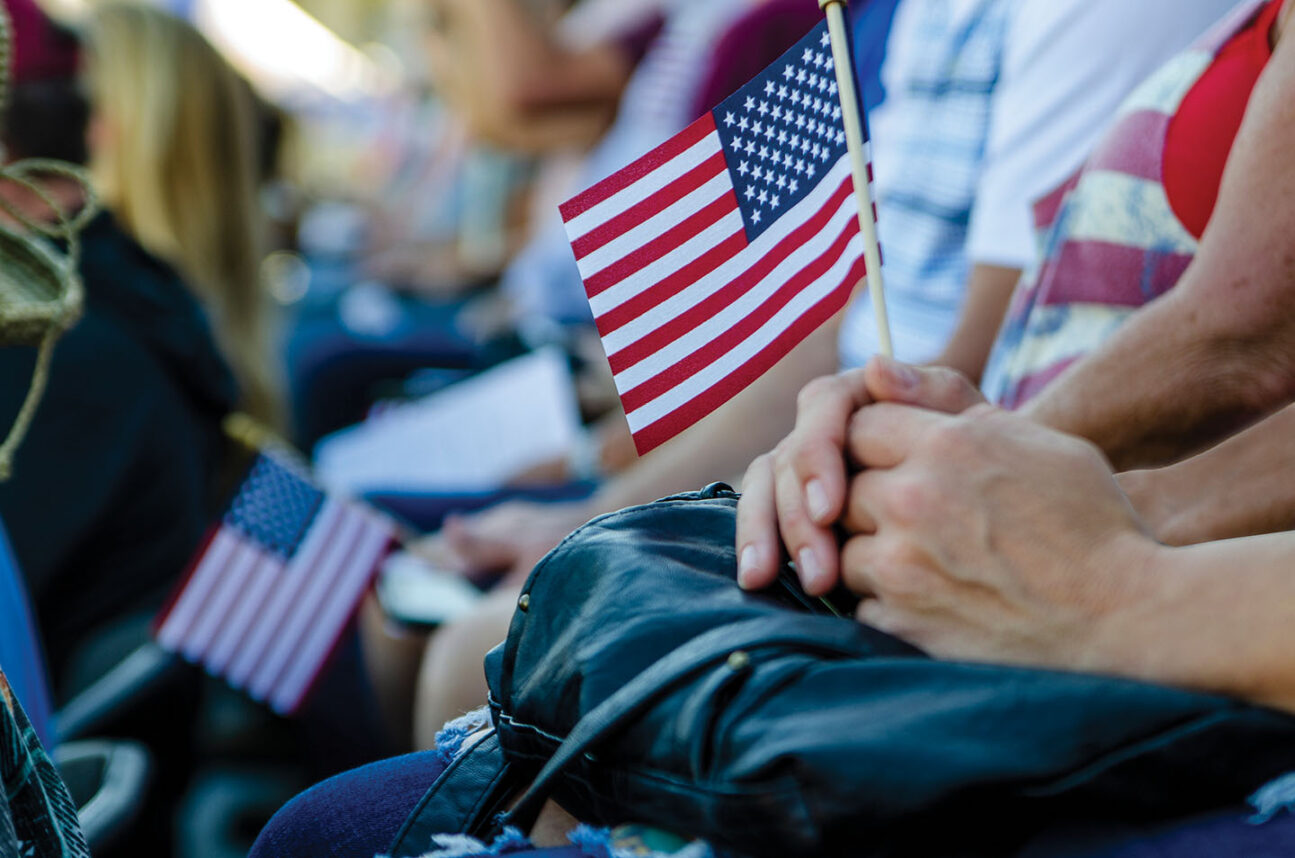
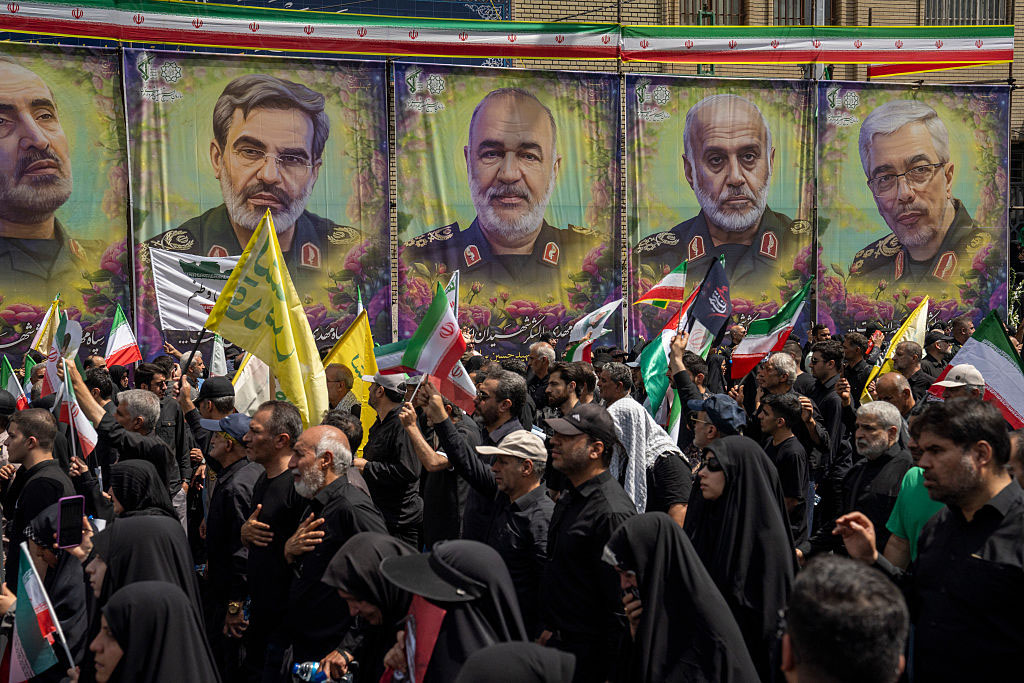
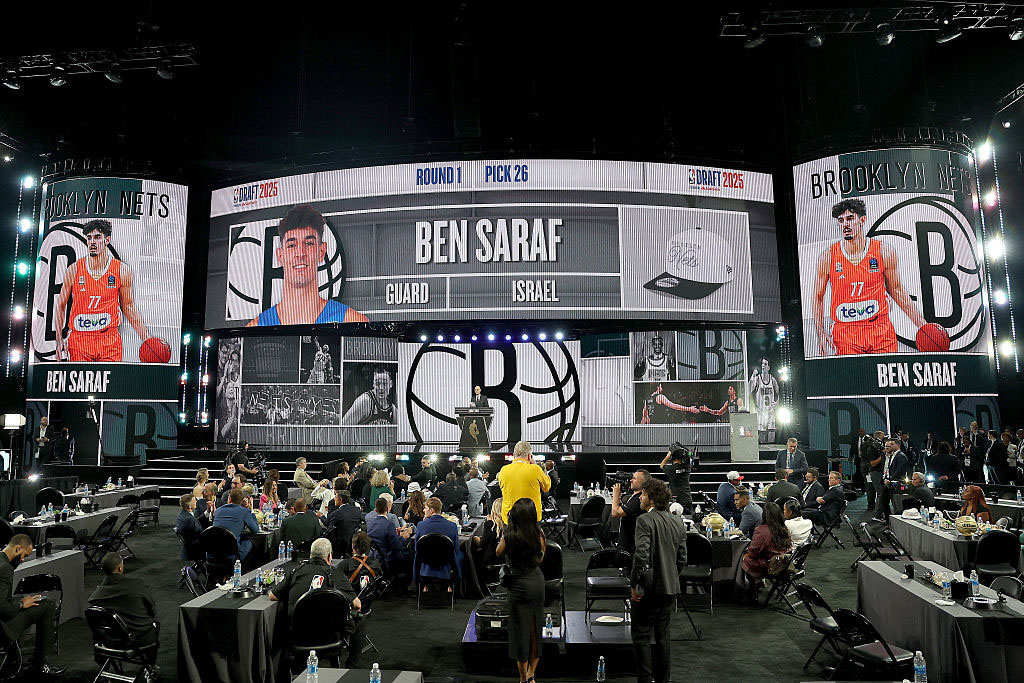
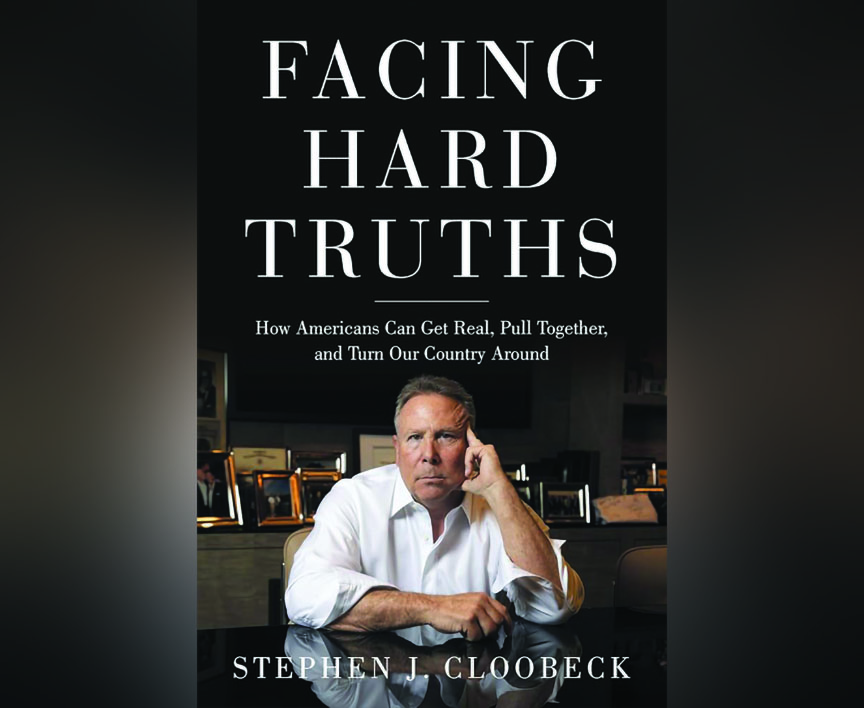













 More news and opinions than at a Shabbat dinner, right in your inbox.
More news and opinions than at a Shabbat dinner, right in your inbox.